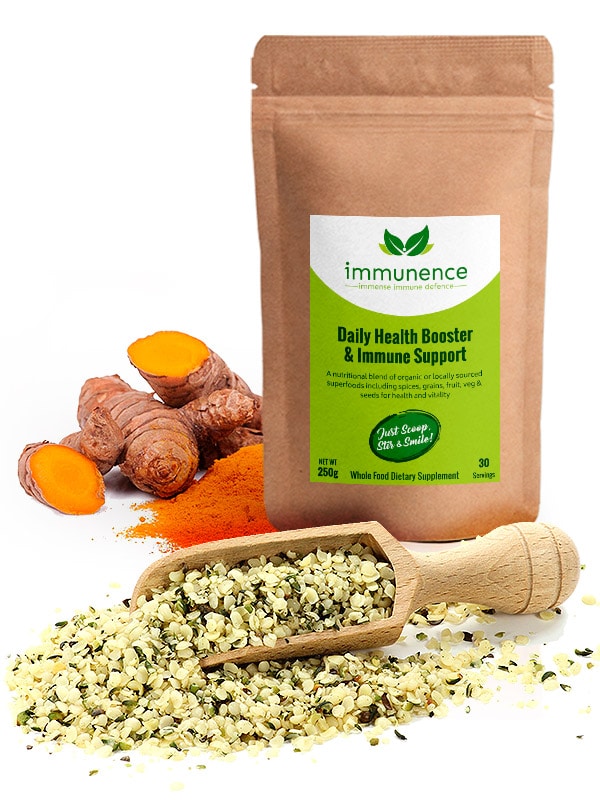‘Antioxidant’ is a buzzword that often makes an appearance in health and wellness rhetoric. And it’s not surprising – these potent compounds are poised to defend your body from those reprehensible, DNA-attacking villains: free radicals. It’s an epic tale of good versus bad. Antioxidants have certainly had their moment of late, with many experts purporting they offer a slew of benefits for skin, cognition, eyes, mood and the heart. But do they really have the capacity to support immune defences, as so many of the claims suggest? And if so, can antioxidants improve immune health?
How do antioxidants work?
Both normal cellular functions and external stressors, like UV rays, cigarette smoke and environmental pollution, trigger the production of nefarious free radicals. Free radicals are unstable molecules that wreak havoc with your body, damaging membranes, DNA and enzymes – or, as it’s more scientifically termed, causing ‘oxidative stress’ i. Many areas of the body are vulnerable to free radical damage, but the immune system is especially sensitive ii. The hero of the hour that jumps to your defence? Why, those do-gooders, antioxidants, of course. These little guys neutralise and eliminate free radicals from the bloodstream in a bid to keep your body functioning optimally. In most cases, however, those pesky free radicals outnumber the concentration of naturally occurring antioxidants in your body. To maintain a happy, healthy status quo, then, you need a constant supply of antioxidants from external sources, such as food.
Do you want to see more articles like this? Click here!
 LANGUAGE
LANGUAGE SPANISH
SPANISH


0 Comments